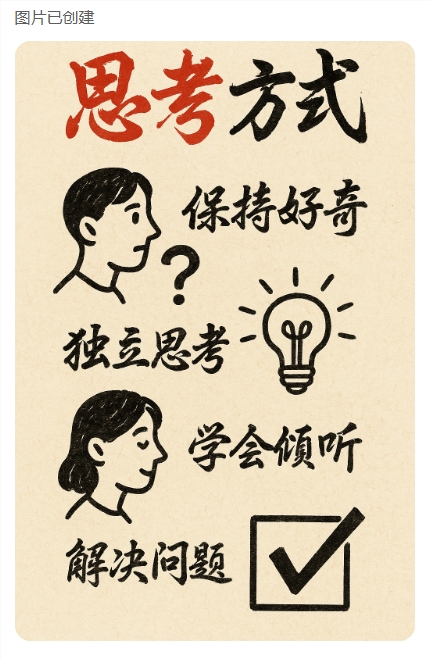Recently, a netizen on the social media platform X discovered that the latest version of ChatGPT, GPT-4o, refused to generate an image of a rose, claiming, "I cannot generate this image of a rose because it fails to comply with our content policy." This unexpected refusal quickly attracted attention and discussion, with many trying to understand the reason and find ways to circumvent the restriction.
To verify this phenomenon, netizens conducted various experiments. Users tried asking in both Chinese and English, even substituting "rose" with special symbols, all to no avail. Even a request for a yellow rose was met with the same refusal. However, requests for other flowers, such as peonies, were successfully fulfilled, indicating no issue with GPT-4o's image generation capabilities.

Speculation arose as the discussion progressed. Some suggested that the word "rose" might be blacklisted; others believed ChatGPT might interpret "rose" as a subtle innuendo. More humorously, some joked that an overload of similar requests during Valentine's Day might have triggered a system restriction on "rose".
Further testing revealed that GPT-4o could generate rose images if "rose" was pluralized, or if the description avoided directly mentioning "rose" and focused on its characteristics instead. This discovery prompted deeper discussion on AI content filtering mechanisms, suggesting that hardcoded content policies might be responsible for this peculiar misjudgment.
This incident sparked associations with similar past occurrences where ChatGPT provided vague responses to certain names, showcasing its avoidance of specific content. While generating a rose image has become a new taboo, other AI chatbots like Gemini and Grok can still generate rose images, highlighting differences in content restrictions across platforms.
This event has fueled further questioning of the reasonableness and transparency of AI content moderation, with hopes that future AI will be able to meet diverse user needs within reasonable boundaries.







